Winter Farm Safety Tips
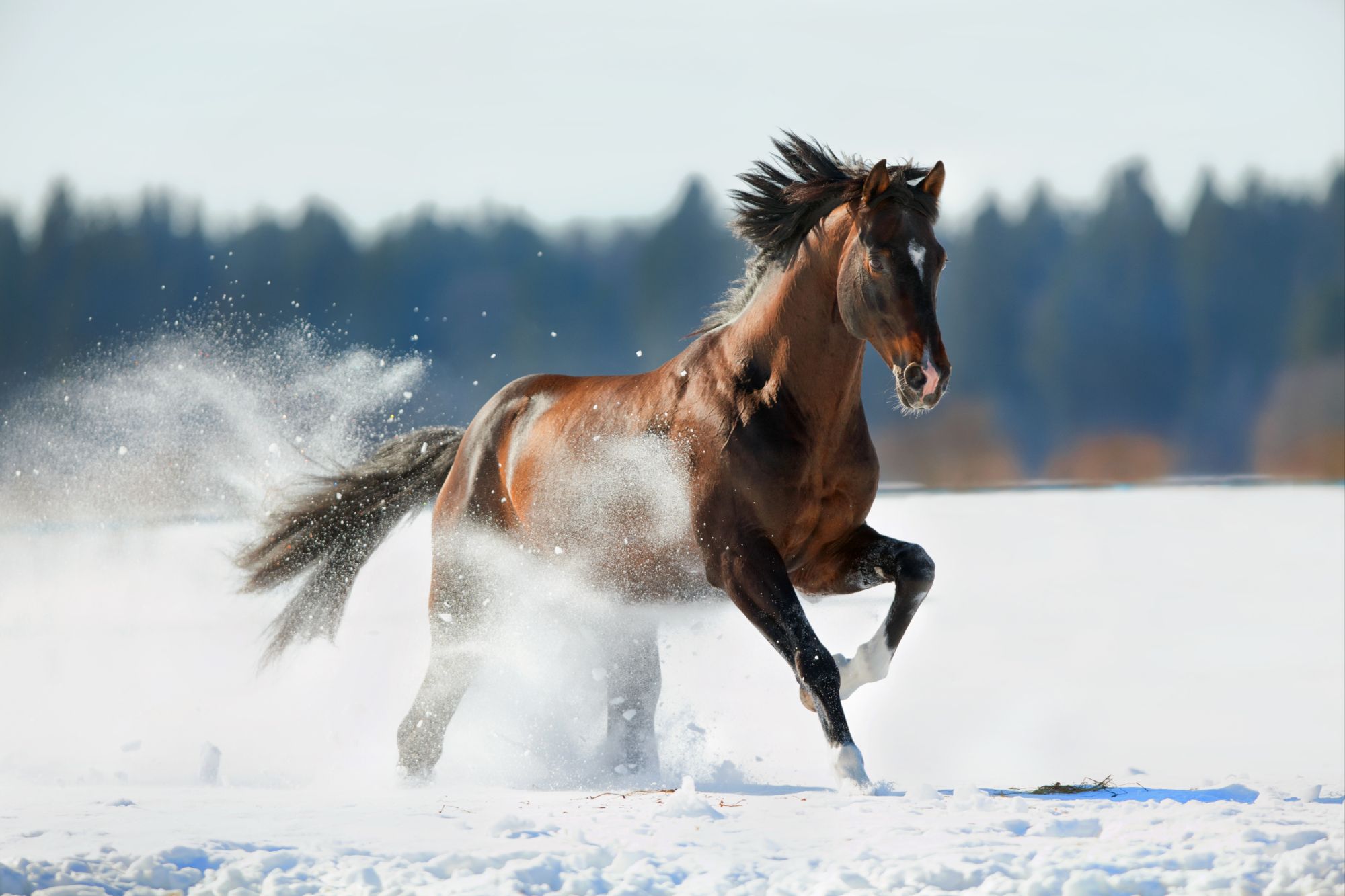
-
- Avoid Cold Stress - Cold stress occurs by driving down the skin temperature, and eventually the internal body temperature. When the body is unable to warm itself, serious cold-related illnesses and permanent tissue damage may result. Types of cold stress include: trench foot, frostbite and hypothermia.
- Have a plan for snow and ice on the roof of your buildings - Heavy snow and high winds can cause snow to build up fast on farm buildings, and even the strongest, most well-designed roofs can collapse. If you’re in an area where blizzards are common, mitigating the risk of farm building roof collapse calls for two things: a roof snow load management plan and the right insurance.
- Proper Ventilation for Humans and Animals. Closing machine shed doors and windows keeps warm air inside, but restricts ventilation and increases carbon monoxide poisoning risk when machinery is running inside. If you observe symptoms — blurry vision, nausea, fatigue, headaches, dizziness and lost consciousness — call 911, shut down machinery and ventilate the area. Having good ventilation and air flow will protect your animals from illness, prevent higher operational costs, and maintain the condition of your buildings moving forward. Stagnant air flow can also lead to a buildup of germs and pathogens that are harmful to your livestock.
by: Ariel Christy
- Avoid Cold Stress - Cold stress occurs by driving down the skin temperature, and eventually the internal body temperature. When the body is unable to warm itself, serious cold-related illnesses and permanent tissue damage may result. Types of cold stress include: trench foot, frostbite and hypothermia.
Categories
Recent Posts
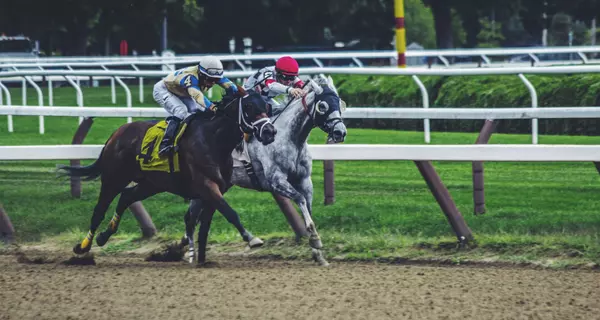
151st Kentucky Derby

Forever Home

How Finding Your Cat is Like Finding A Buyer

Why Working Backwards Matters
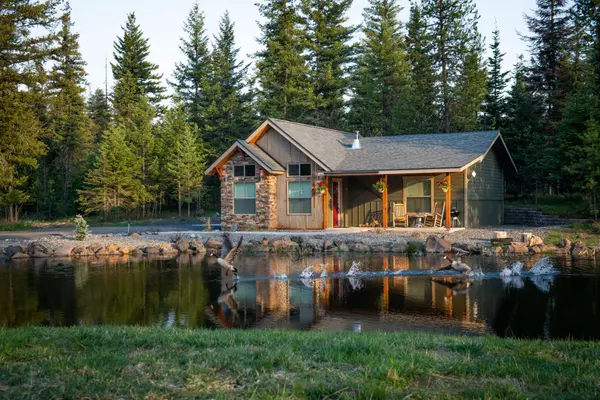
Not So Simple Airbnb
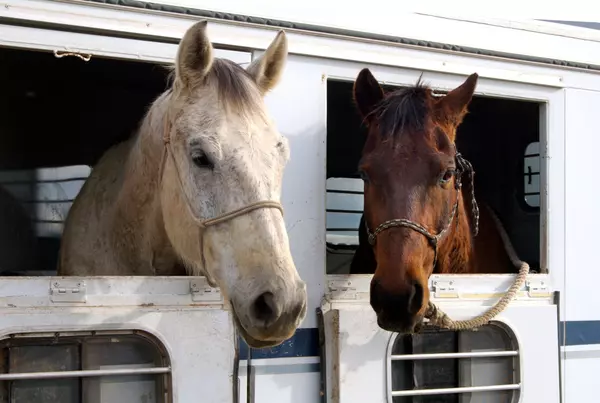
Horse Trailer Safety
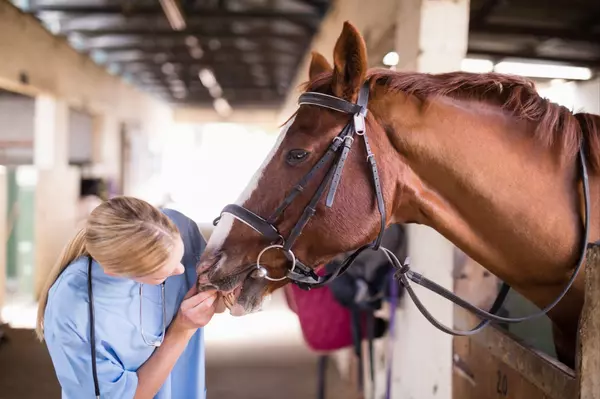
Where Are The Vets?

The Importance of Honesty in the Homebuying Process

The Four Ds of Selling Real Estate Regardless of Interest Rates

Behind the Fancy Houses and Expensive Cars

